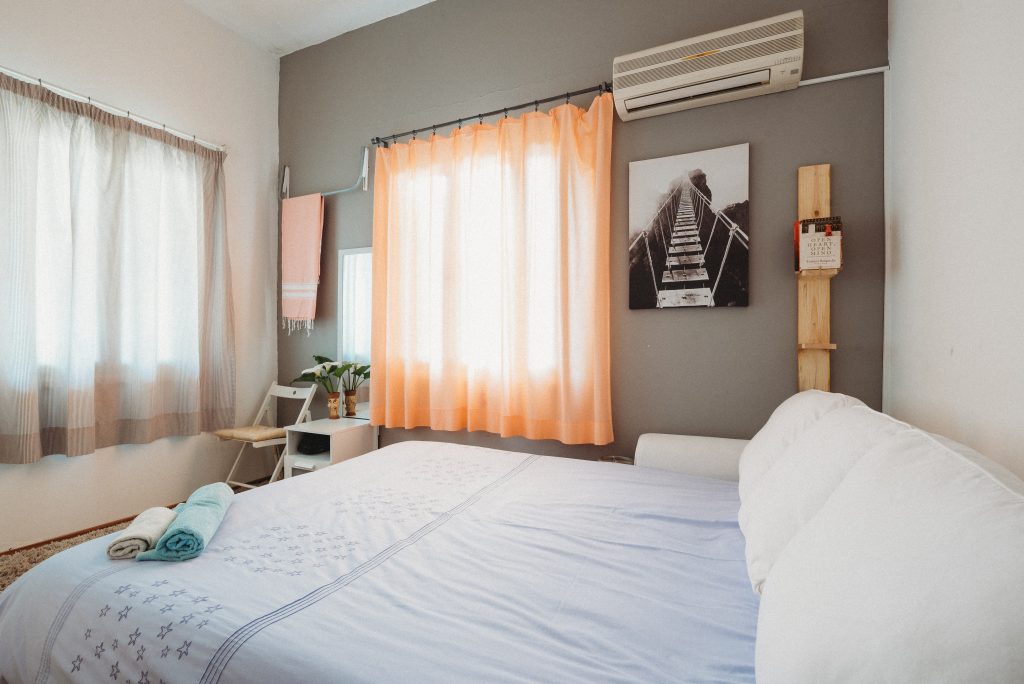Top 5 Airbnb Scams to avoid for your next Vacations
First of all, Airbnb scams are rare and many strangers and tourists are strong people who want to have fun. And to be honest, we can’t paint with the scope of strangers as hunters and tourists as victims. There are guests who take advantage of being strangers (just ask an experienced host with 100+ bookings).

Also, scams exist in every major online marketplace, even Amazon. Big markets often attract unscrupulous users who want something for free, or who try to deceive new, inexperienced users. It is a good idea to send a message to strangers via Airbnb (rather than by phone) if possible, so there is evidence of communication in the event of a dispute between you and the host.
So, Here is the Top 5 Scams of Airbnb to avoid:
1) The host asks you to cancel his or her position:
When it comes to canceled bookings, Airbnb determines who is at fault and who is eligible for a refund based on which organization (visitor or host) has taken action. In other words, if the host wants to cancel your booking, but canceled it because of him, you may not be eligible for the refund you are entitled to.
How to Avoid…
If the host asks you to cancel your reservation (whether it is coming or you have already signed up), politely decline the request and tell him that it is OK if he needs to cancel, but you will not do so. To learn more about Airbnb’s cancellation policy, click here.
2) False listings (or false listings):
If the listing seems too good to be true (it has too little value for its location) or something seems out of place (such as your “amazing” resources can be displayed in photos), see another list. Booking an inaccurate or inaccurate listing can lead to serious problems later (which could ruin your trip).
How to Avoid…
The best way to avoid bookings of falsehoods (or listings with false information) is to stick to lists of 4.8 or more, 20+ reviews, and photos showing the bedroom, bathroom, and entrance area. List details and host history should be completed.
3) The host asks you to change rooms:
There have been reported cases where Airbnb tourists have asked guests to change rooms (either when they enter or during their stay) by informing them that there is a problem with the first room. This can be a way to trick guests into booking a place that looks more beautiful than it really is, or to impress multiple guests with a single list of similar dates.
How to Avoid…
No matter what your host thinks, or if you believe it to be true, you have the right to reject the change request from the first room you booked. If the host asks you to change, feel free to decline his request. If the householder does not allow you to stay in the first room, notify Airbnb.
4) Host to request payment via Airbnb:
Airbnb does not allow users to pay or accept payments outside of its own platform and is not responsible for any external purchases. The host that asks the visitor to pay him directly, for any reason, is against Airbnb’s payment terms. Also, your supervisor should not ask for money after you have arrived. If your host requires additional money for a specific purpose (such as a deposit or pet deposit), they must complete an Airbnb application.
How to Avoid…
If your host asks you to pay directly (other than Airbnb), refuse the request and tell them it is against Airbnb policies. If the host makes you uncomfortable and/or still insisting, report that host to Airbnb.
5) The host lies about the damage done by the visitor:
There have been reported cases where tourists have complained of damage done to their guests. For example, the host may send in photos of a doctor or have his or her location deemed damaged as “evidence”. Or maybe the visitor caused the damage, but the landlord charged an excessive refund on his request to Airbnb.
- To be honest, many strangers also report visitors trying the same program. There have been reports of travelers making the site look damaged, dirty or dangerous when it really isn’t – as a way to get free or discounted accommodation by reporting a “problem” on Airbnb.
How to Avoid …
To reduce the risk of the host reporting falsehoods, take photos of the location when you arrive and check. If your phone does not save the dates and locations of your photos, consider sending photos to your host at the exit, so that there can be proof of location status.



